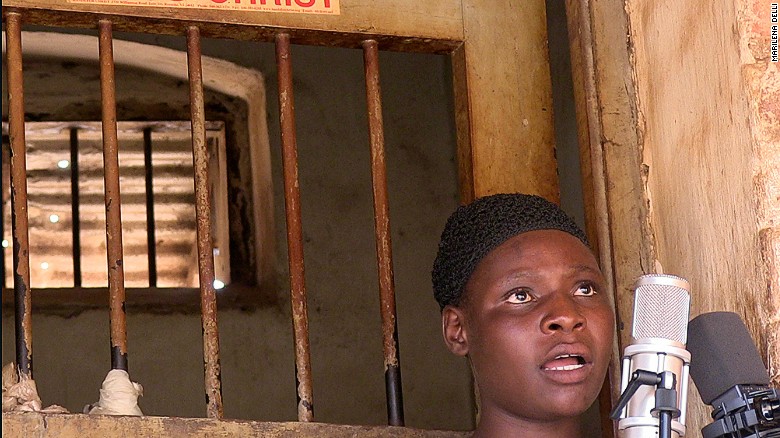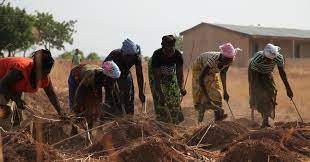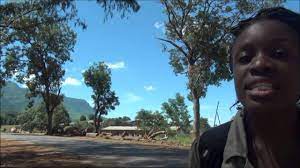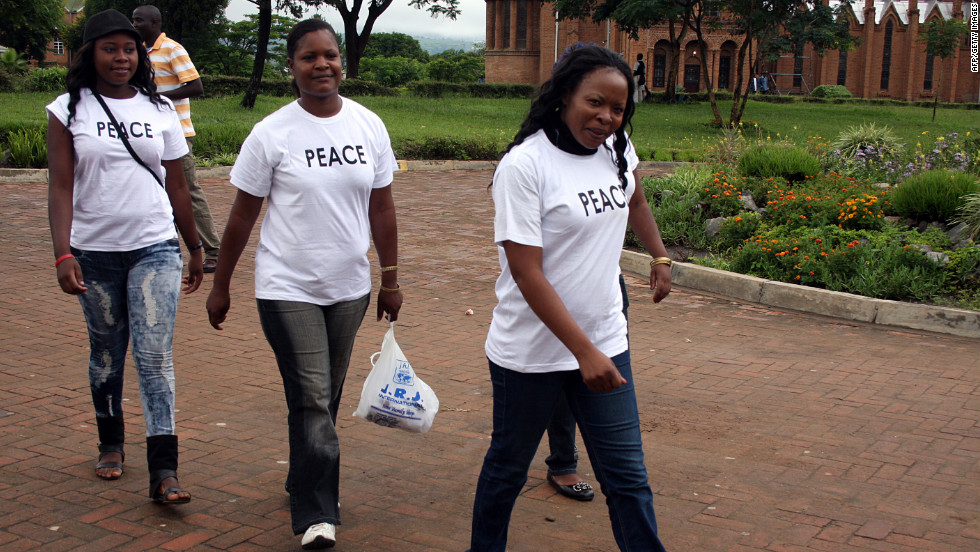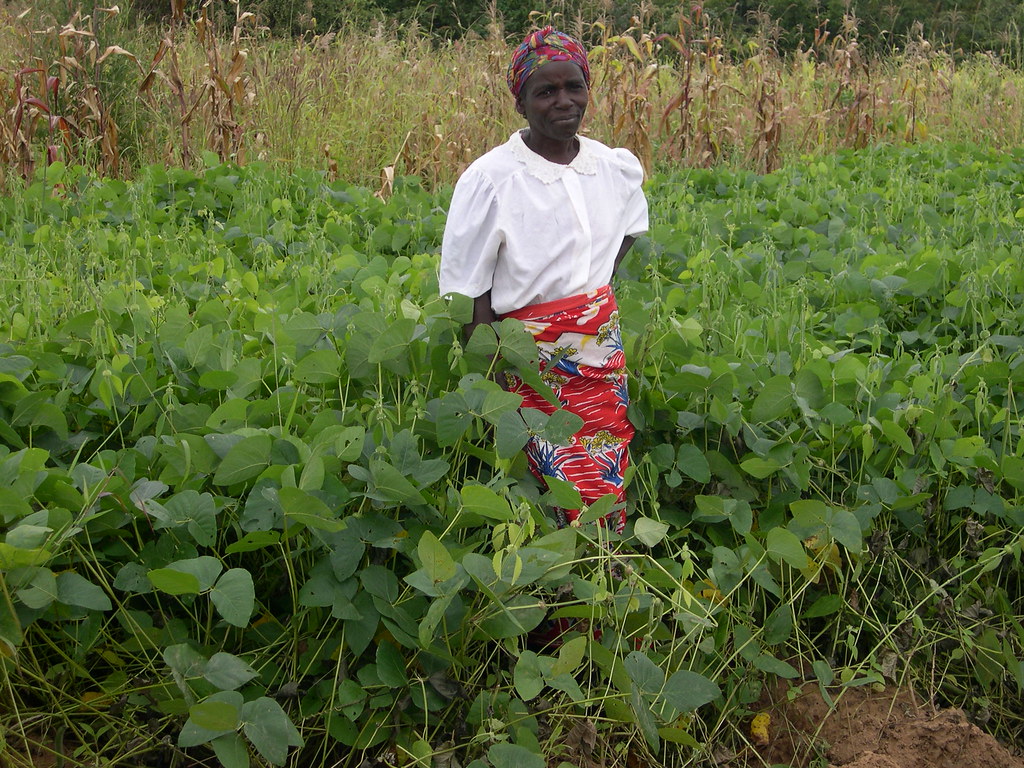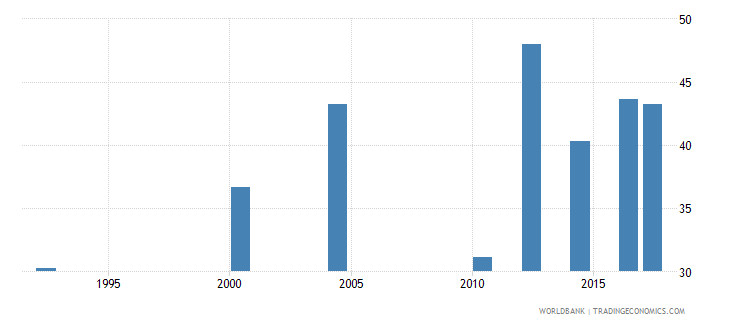
Early last year, the Uhoho Primary School, in Chintheche, in Nkhata Bay, in the Northern Region of Malawi, weathered “the worst pregnancy scandal at a school in living memory.” Thirty-two students, 16 girls and 16 boys, were suspended when it was determined that the 16 girls were pregnant. At first, the boys faced `defilement’ charges, but then the head teacher claimed the girls were all at least 18 years old. It’s unclear if that was true. Local newspapers this week report that some of the girls were 13 and 14 years old. At any rate, the boys were spared the prospect of rape charges. All the children were suspended for a year. Then the girls and their parents were brought before a magistrate, who fined each child 10,000 kwacha. If they couldn’t pay, they were sent to jail until the fine was paid. For some, being in custody meant not writing their exams. Thus far, this sounds like just another horrible story of the very many ways of keeping girls out of school. But the girls decided otherwise, and so yesterday, they went to the High Court to challenge their treatment and the entire process. Girls have rights, they said, including pregnant girls, and one of those rights, enshrined in the Constitution of Malawi is “All persons are entitled to education.”
How did an internal school matter come before a magistrate in the first place? Youth Watch Society (YOWSO) Executive Director Muteyu Banda explained, “The magistrate happens to be the Chairperson of the Child Protection Committee.” Youth Watch Society and the Southern Africa Litigation Centre have supported the girls in this case, and they are represented by Victor Gondwe. According to Muteyu Banda, part of the issue here is the lack of due process. Local officials make up laws which they then enforce, all in the name of child protection. According to Anneke Meerkotter, Litigation Director of the Southern African Litigation Centre, “The intention that it is good for the baby to be cared for and that the boys must also take responsibility to help the girls is there, but it is a logistical nightmare for the pupils. For us, the answer is not suspending them from school. Their right to education is enshrined in the Constitution..” Victor Gondwe explained, “We are asking for a review of the strange orders imposed by a lower court that all pregnant girls be sent to prison.” He then added that it is “quite strange and awkward to criminalise pregnancy.”
While it may be strange and awkward to criminalize pregnancy, it’s common practice to criminalize school age girls, and not only in Malawi. Only two years ago, in response to the non-epidemic epidemic non-scandal scandal of teenage pregnancy, South Africa’s President Jacob Zuma proposed a policy for the young women and girls, “They must be educated by government until they are empowered and they can take care of their kids, take them to Robben Island or any other island, sit there, study until they are qualified to come back and work to look after their kids.” Take them to Robben Island or any other island. In the United States, girls are arrested more often than boys for status offenses and are more severely punished for those offenses. Status `offenses’ are not crimes. If the girls were older, there would be no offense, no crime. From Malawi to South Africa to the United States, the “special attention” paid to school age girls is always conducted in the name of “protection.”
Malawi is a poor country in which education is a struggle. For girls to complete secondary school is a particular struggle. In academic year 2014 – 2015, nationwide, pregnancy was the cause of 28 percent of all secondary female dropouts. In the Northern Region, in 2014 – 2015, 370 boys dropped out of primary school, while 2199 girls dropped out. During that same year, 145 boys dropped out of secondary school boys, while 463 girls left school. For the boys, the primary reason was inability to pay school fees. For the girls, fees (27.7 percent) and pregnancy (27.6 percent) were the primary reason. This is the context in which 16 girls were told to leave school, and then some were sent into police custody. They were never meant to return.
Those girls know the meaning of education and they know they deserve it. Period. Those girls know “that the fines and detention were inconsistent with common law notions of fairness, legality and rationality and with the rights to liberty, education and other constitutional rights.” They know they have a right to education, and they intend to exercise that right. They mean to return to school and then to create the way forward. The struggle continues.
(Photo Credit: Trading Economics)
